The growing interest in traditional identity is undoubtedly one of the most important phenomena in contemporary Judaism.
A quiet identity expressed in sociological polls (circle the religious / secular / traditional answer), has become of interest to young women and men from all camps, party leaders, currents trying to say "our traditional" and intellectuals and opinion leaders.
What's the story of traditionalism?
Is it the lifeline of modern Jewish identity?
The Israeli?
How does it fit in with other movements in Israeli life, such as (formerly religious) religious leaders? These are questions that have become relevant and of great interest.
Traditionalists and traditionalists do not simply accept the distinction between "religious" and "secular."
For them these are definitions that too narrow their identity.
In the past, evading definition was seen as a conceptual problem.
Is such an identity possible?
From today's point of view, it is clear that these terms were created only in modern times.
For centuries, the word "Jew" was enough to define Jews, and they did not hear about these terms as they did not hear about "opponent" and "follower."
Traditional do not write a new book of laws.
What is interesting to them is the attitude to halakhah.
A Jew does not buy a halakhic package deal or unload, but is constantly in the process of development: it is not "o-o", but I am in constant development: today I keep what I keep, and tomorrow I will take on more.
The family I grew up with is important to me, and the sons and daughters of the family give each other space.
It is not the liberal "live and let live", it is not a sour tolerance, but as the poet's article "Good for us together", and for the joy of togetherness I give up.
My friend, Prof. Haviva Pedia, told me about Rabbi Yehuda Fatya, her great-grandfather, one of the greatest Kabbalists of his time, who came to him as a Jew and told him that he had a hard time not smoking on Shabbat (just think of a Jew who feels comfortable coming up with such a question). Fatya replied, "Smoke less."
My friend, Dr. David Bitton, told me that when the banks arrived in Casablanca, Morocco, there were Jews who started working on Shabbat. However, they did not create an alternative rabbinate, nor did they start threatening and defaming their rabbis, And did not write Pashkvils.
Traditionality is therefore a matter for the community, for the life of a people who have a common past and future.
It is the understanding that the Jews are a family, and it is the value of togetherness.
Not the one who swallows the individual - but one who requires reduction, compromise, love and waiting.
From this it is possible to understand why in this period of rifts, in an era when politicization is tearing Judaism to shreds - publicity, conversion, marriage, the celebration of the Jewish "together" are realized not only in quarrels, but in love of heritage, Jewish wisdom, book, Shabbat, Eretz Israel, Mutual guarantee.
And now, the question arises as to why traditionalism is not turned into Israeli statehood in the Jewish camp?
If most Israeli citizens have an interest in their Judaism, is it not right to establish a single education system that maintains a sympathetic connection to the Jewish heritage?
These are revolutionary ideas that come from tradition.
At this stage, it is worth inviting the trustees of the Jewish heritage to come and take part in the creation and formation of the character of the Jewish tradition in Israel.
We gave too much space to the representatives that in the result test they do not deliver the goods.
Traditionalism is not in line with traditionalists, or Mizrahis or one sector or another, and it must be protected from the hands of cohesive identities, which instead of letting it grow out of attention to Israeli concerns - enslave it to narrow interests.
Those who choose to come and take an active part in shaping the Jewish heritage for our lives, will discover here a joyful space that includes poetry, poetry, wisdom and especially healing for Israeli society.
Prof. Meir Bouzaglo is the chairman of the Tikkun movement, a philosopher, an activist for equality in education and one of the pillars of the piyyut revolution.

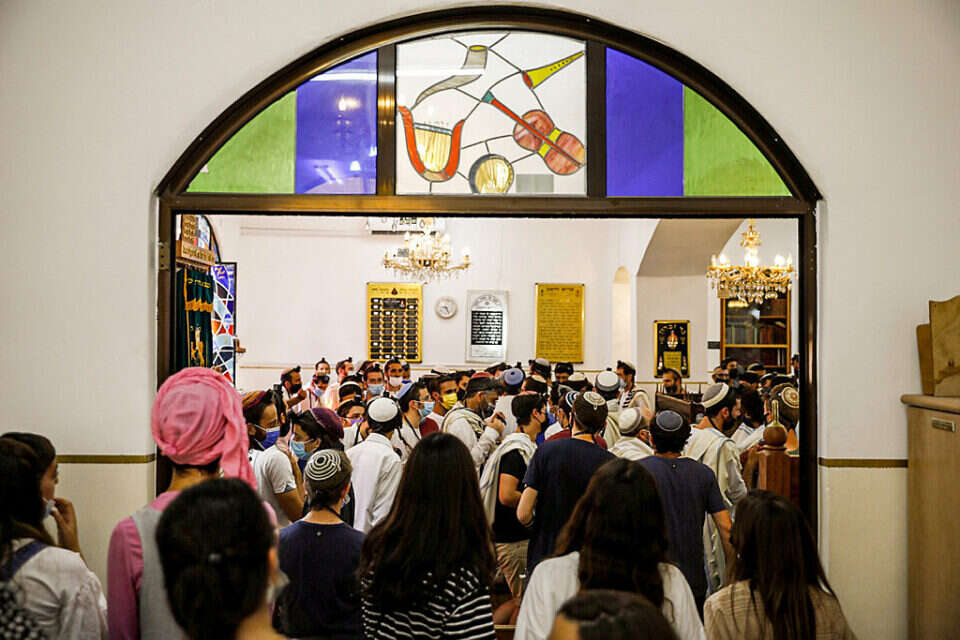
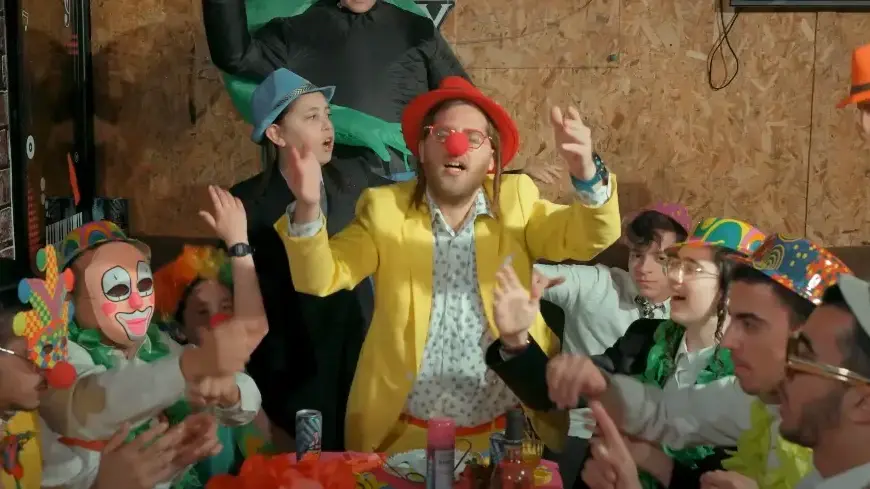
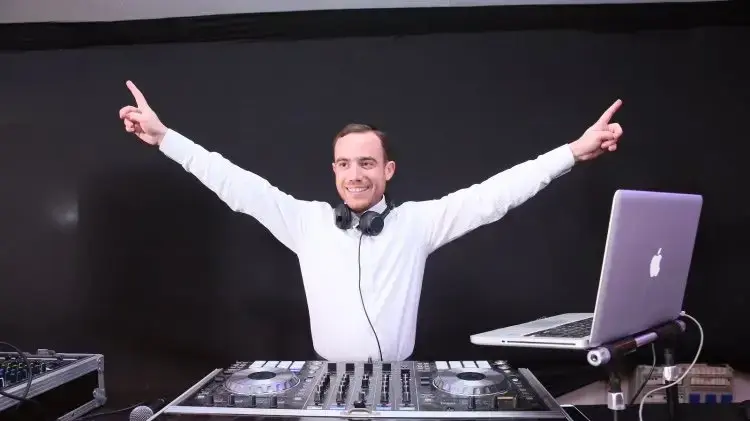
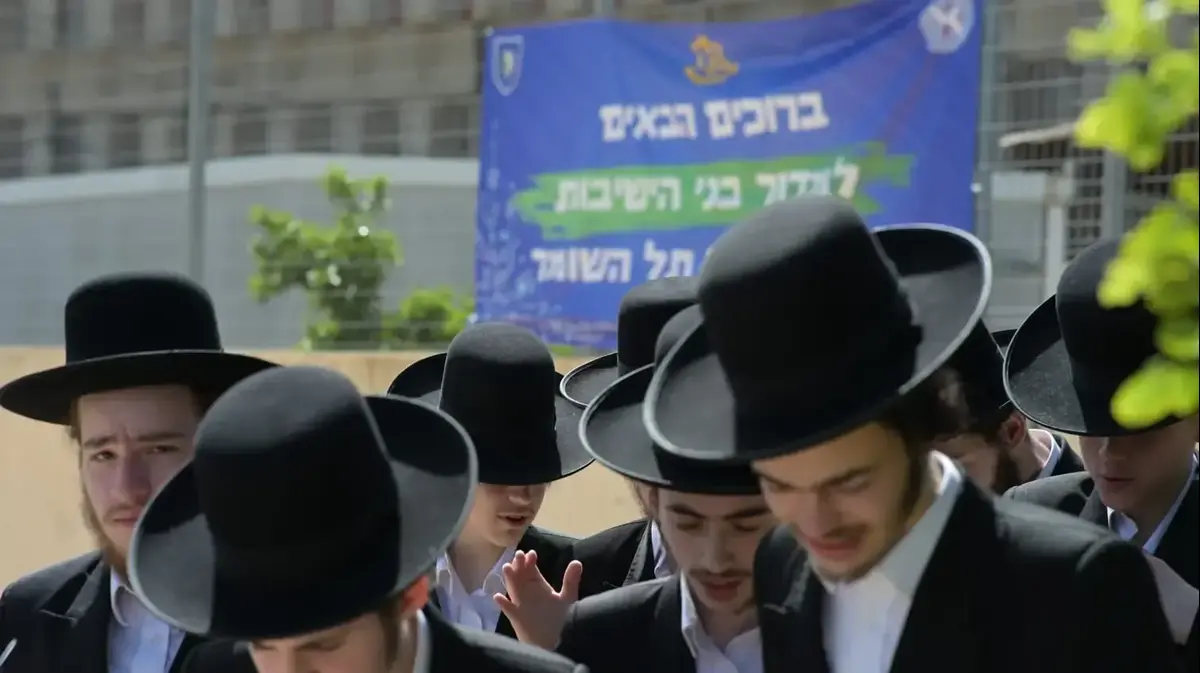
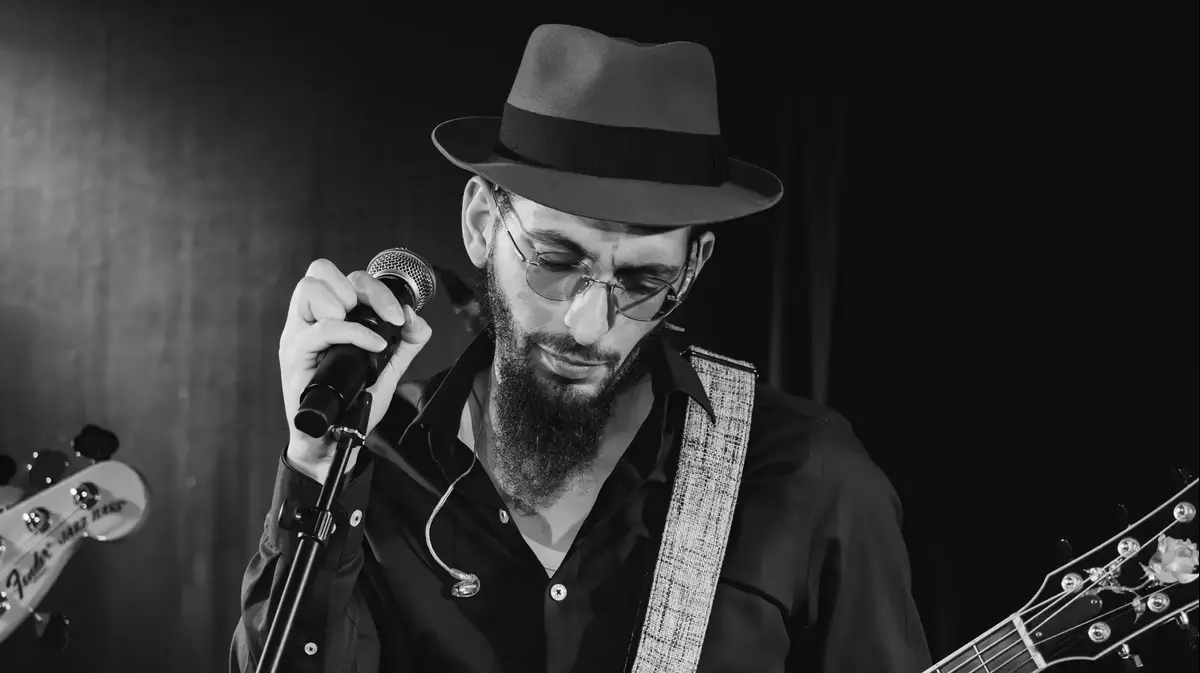
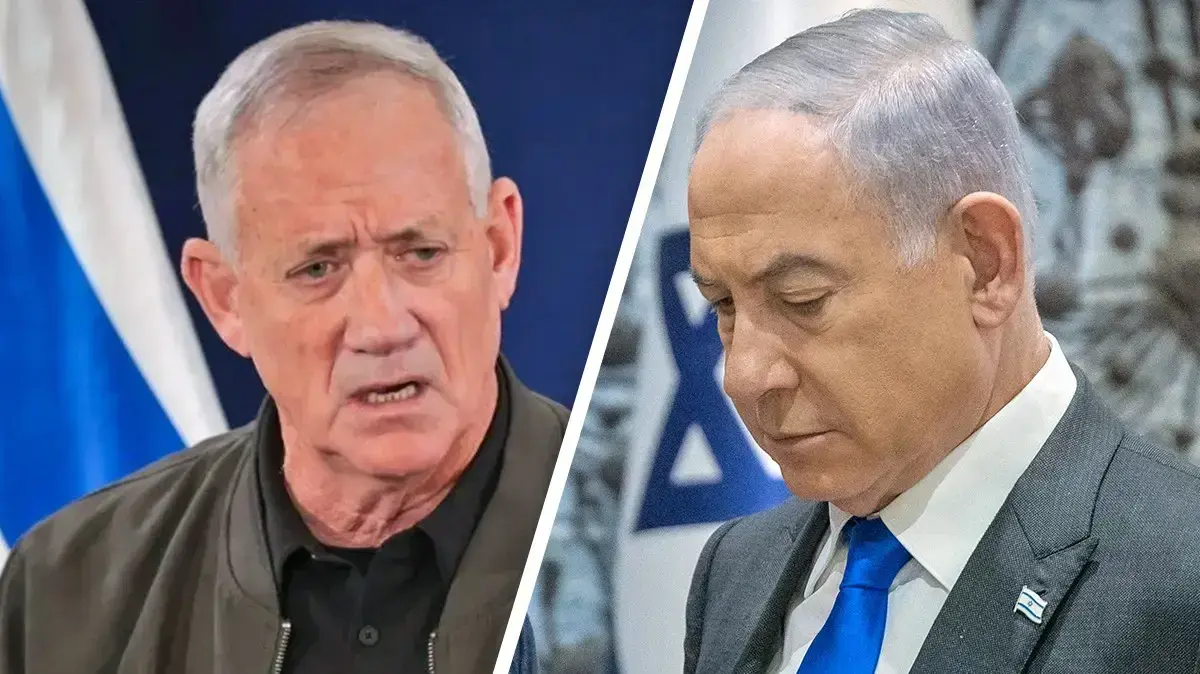

/cloudfront-eu-central-1.images.arcpublishing.com/prisa/57W3XJJOEVD6DPVJCW54P3NVUE.jpg)
